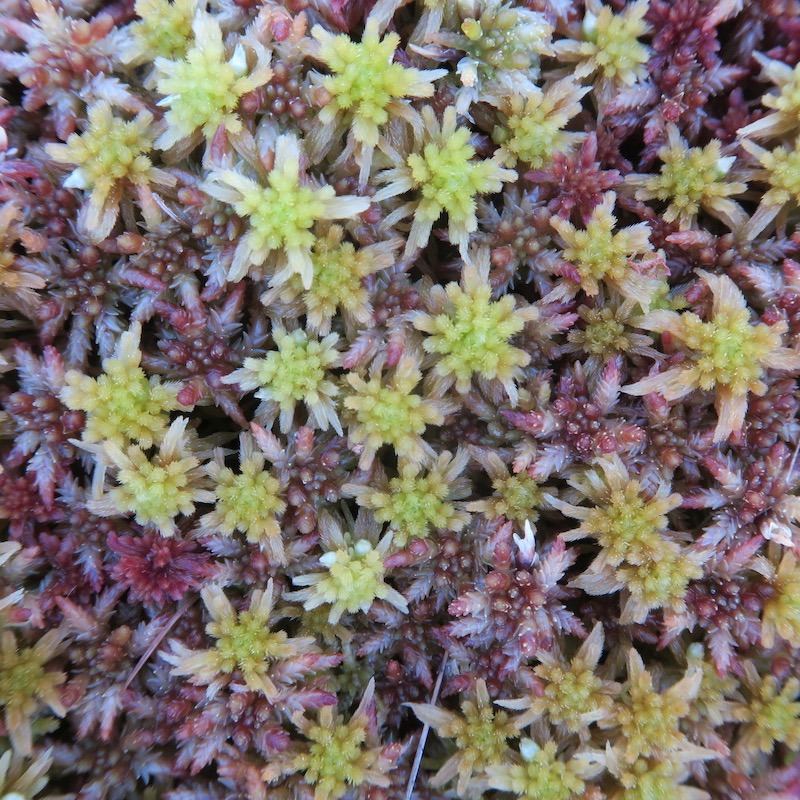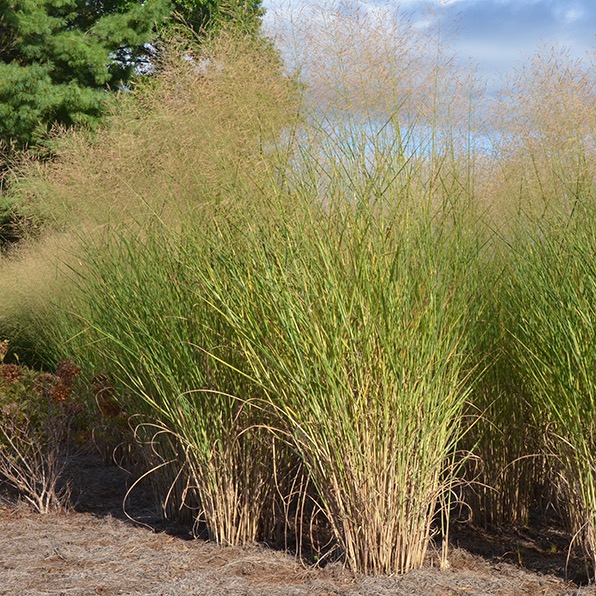Huntsville, Ala. — Jeremy Schmutz, faculty investigator at the HudsonAlpha Institute for Biotechnology, has received a grant from the Department of Energy that will identify genes in a potential biofuel source. Schmutz, who co-directs the Genome Sequencing Center at HudsonAlpha, will analyze the natural genetic mechanisms of how switchgrass, a native prairie grass, adapts to its local environment. HudsonAlpha will receive $1.2 million over five years to complete the study.
Eleven researchers from seven institutes will contribute to the project, which was awarded a total of $15 million by the Department of Energy’s Office of Biological and Environmental Research. Led by Tom Juenger of the University of Texas at Austin, the team will collect and sequence the genes of hundreds of switchgrass samples to study how genes and a host of environmental factors — including the soil, the bacterial communities that live on the plant and in the soil, weather and the size and growth rate of each plant — affect the plant and its potential as a biofuel. Understanding how different factors affect one another ultimately will allow scientists to identify ways to improve switchgrass as an alternative energy source.
“This project will be one of the largest common garden experiments that’s been done in the public sphere,” Schmutz said.
For the study, genomically identical plants will be planted and compared in 14 sites spread across North America, ranging from southern Mexico to South Dakota. Schmutz said it will be like making 14 identical twins, standing them in 14 different locations, then simultaneously asking them, “What does the sun feel like today?” or “How much water are you getting right now?”
Switchgrass evolved in the tallgrass prairies across North America. Over the last 10-14,000 years since the last Ice Age, as the plants crept north behind melting glaciers, the grasses adapted to their regional climates and environments. The result is genetically related grasses with a wide variety of characteristics. Studying how the grass adapts to vastly different regions and climates will provide information about how the grass would perform as a biofuel in any growing area.
“The study lets us ask the really classic nature-nurture question,” said Juenger. “How much of the variation in the plant traits are driven by genetics or the environment or the interaction between genes and the environment?”
In addition to Juenger and Schmutz, investigators include Tanja Wolke at the DOE Joint Genome Institute; Felix Fritschi and Alina Zare from the University of Missouri in Columbia; Laura Bartley from University of Oklahoma; Julie Jastrow, Sarah O’Brien, and Roser Matamala from the Argonne National Laboratory; Damon Waitt from the Lady Bird Johnson Wildflower Center; and Denise Costich from the International Maize and Wheat Improvement Center.
About HudsonAlpha: HudsonAlpha Institute for Biotechnology is a genomic science and applications nonprofit organization. It is a high-volume genomic data producer serving thousands of academic, clinical and commercial clients’ needs. The Institute is a global scientific collaborator valued for its genomic data analysis and interpretation to solve some of the most pressing questions in cancer, undiagnosed childhood genetic disorders, neuropsychiatric disorders, immune-mediated disease, agriculture and public health. Its unique 152 acre campus melds the boundaries between nonprofit scientists, educators and entrepreneurs so that collaboration sparks innovation and growth. To learn more about HudsonAlpha, visit: http://hudsonalpha.org/.
HudsonAlpha Media Contact:
Margetta Thomas
Communications Specialist
256-327-0425
mthomas@hudsonalpha.org


